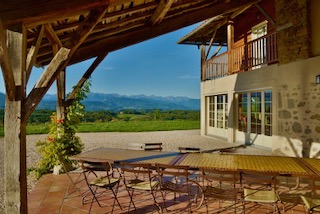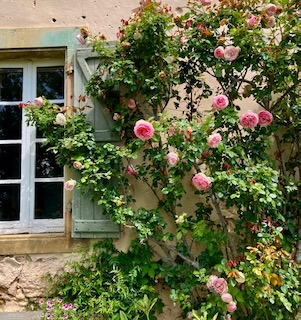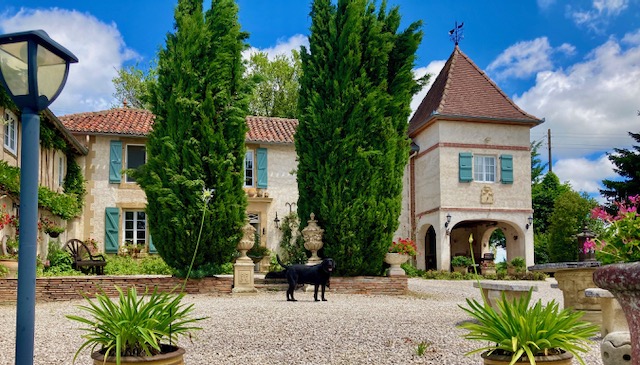
We have just had La Rentrée here in France, a very important time of year, possibly more so than the new calendar year. La Rentrée is the return of students to school and university as well as the return of the general population to work after the summer holidays. It thus heralds lots of new beginnings for all generations and is taken very seriously.
The school system in France is similar to many countries with primary schools, secondary schools (college) and sixth form education (lycée). For more information on these, take a look at:https://foothillsoffrance.com/2016/10/26/ten-things-to-know-about-school-in-france/
Further Education after school
Students staying on in education after Lycée have the choice to pursue either a vocational diploma or an academic diploma depending on their school leaving qualification. According to Insee, 72% of French students get the high school diploma (Bacalauréat) at around the age of 18. From these, around 80% go onto further education but only 52% go to university (and only 20% will graduate) while 30% go into work (or not.)
Academic diplomas:
There are three types of higher education institutions in France: universities, grandes écoles, and specialised schools.
Universities are public institutions that offer academic, technical, and professional degrees to any student who has obtained a baccalauréat or its foreign equivalent. However, while some types of degree course are open to all comers (notably courses in arts faculties and social sciences), scientific and medical courses are usually only open to students who have passed a scientific bac.
Grandes Ecoles are the pinnacle of the education system in France. These are relatively small and highly selective “schools” which provide a cosseted higher education to the nation’s future elites. In France, that mainly means tomorrow’s “haut fonctionnaires” (senior civil servants), leaders of industry, top military brass, top politicians and scientists. Despite the national preoccupation with equality and equal opportunities, the top end of the French higher education systems remains elitist.
The baccalauréat is the gold standard, when it comes to getting into university; but getting into a grande école is a whole different ball game. Entry into many grandes écoles is at “bac+2” level (equivalent of the third year of university studies) and to get into a grande école, many students actually stay on in Lycée for two extra years after the baccalauréat. These years are called classes préparatoires (or prépas) and are a highly selective alternative to the first two years of (generally unselective) university. Students in prépa are in small classes, and have an intense programme of studies, often over 30 hours of classes a week, plus plenty of homework. The course is very typical of the traditional French approach to education, which involves a lot of book-learning, long hours in the classroom, amassing of facts and information, and less in the way of questioning, discovery and creativity than is customary in the English-speaking countries and many others. This is because the lycée system was invented by Napoléon as a means to train the educated but subservient elites who would run the nation, and this is (arguably) still the case today. The grandes écoles offer a more specialized three-year course of study than university, in subjects such as business, public administration, or politics. Students are admitted to the Grandes écoles based on their scores in a competitive exam. Students graduate from a Grande école with a master’s degree.
Specialised schools and vocational diplomas:
The DUT (diplôme universitaire de technologie) and BTS (brevet de technicien supérieur) are two-year technology-oriented degrees. BTS courses are offered by high schools, whereas DUT are awarded by universities. A DUT or BTS may be followed by one additional qualifying year of study, leading to a licence professionnelle.
These courses are selective entry, and students have a heavy load of coursework to get through. The approach tends to be “scolaire”, as in a school, rather than “universitaire”, and classes are small (up to 30 or so whereas universities can be will over a 100).
This is a very simplified explanation of the school and higher education system in France but for further information take a look at:https://eacea.ec.europa.eu/national-policies/eurydice/content/france_en
And if you need help finding your French property, please get in touch: nadia@foothillsoffrance.com
Like this:
Like Loading...









You must be logged in to post a comment.